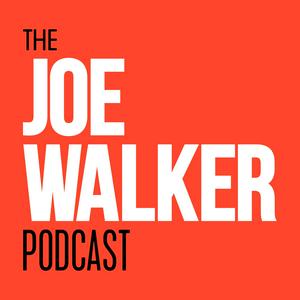Glyn Davis and Terry Moran are two of the very small number of Australians who have literally sat in the Cabinet Room, week after week, watching the machinery of government operate from the inside.
Both served as Secretary of the Department of the Prime Minister and Cabinet (PM&C) — the most senior public servant in Australia. Terry held the role from 2008 to 2011 (including during the Global Financial Crisis). Glyn held it from 2022 to 2025.
Both have also held equivalent roles at the state level: Glyn as Director-General of the Office of the Cabinet in Queensland (1995–96), and Terry as Secretary of the Victorian Department of Premier and Cabinet (2000–08). Before PM&C, Glyn was Vice-Chancellor of the University of Melbourne for thirteen years, and later ran the Paul Ramsay Foundation (Australia’s largest philanthropic foundation). Terry’s career spanned senior roles across the Commonwealth and Victorian public services, including as CEO of Victoria’s Office of the State Training Board, inaugural CEO of the Australian National Training Authority, and Queensland’s Director-General of Education. He later served as Chancellor of Federation University.
In this episode, we trace the routines, conventions, and systems that shape power in Canberra. Where, exactly, does a prime minister’s power come from? What separates a good Cabinet submission from a bad one? What actually happens in the Cabinet room once the doors close? How does Australia’s Westminster model differ from the UK and Canada? And why is Australia so unusually good at bureaucracy?
(Episode recorded on 8 December 2025.)
Sponsors
Vanta: helps businesses automate security and compliance needs. For a limited time, get one thousand dollars off Vanta at vanta.com/joe. Use the discount code "JOE".
To sponsor a future episode, go to https://josephnoelwalker.com/sponsor/
See omnystudio.com/listener for privacy information.


